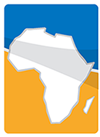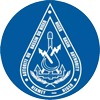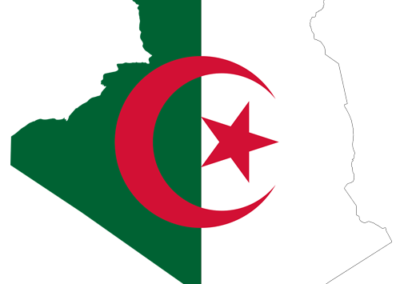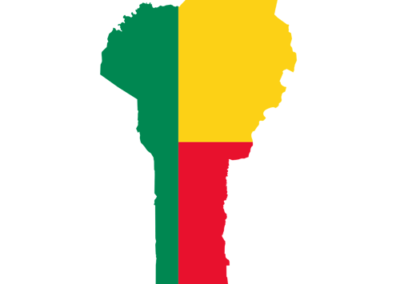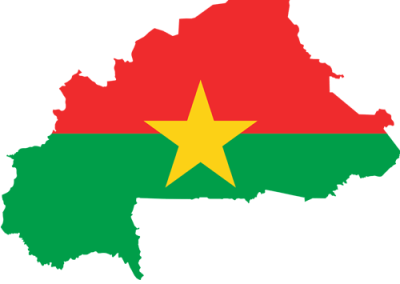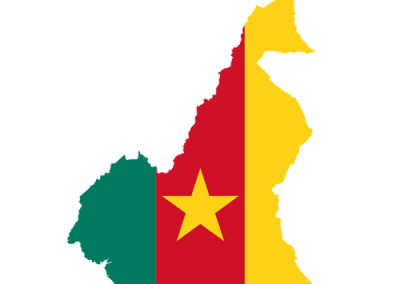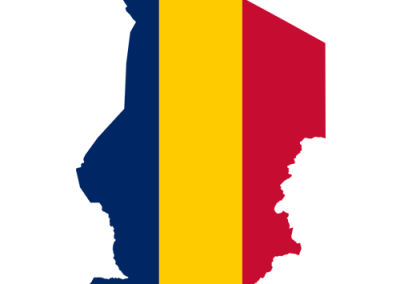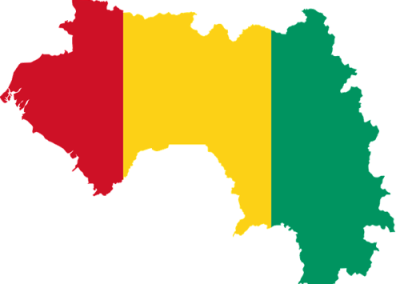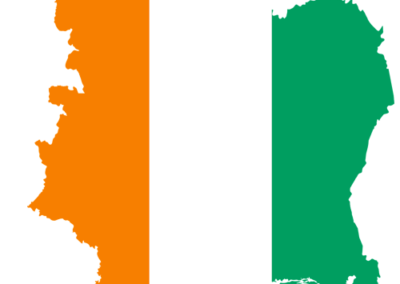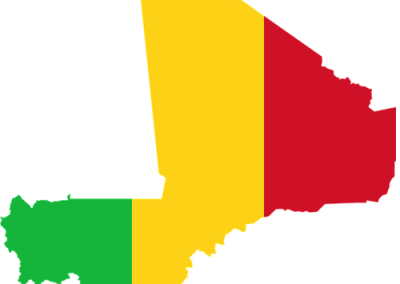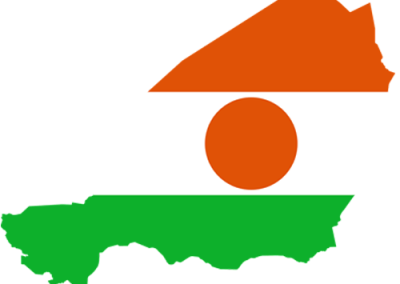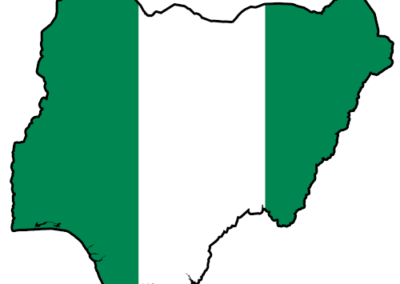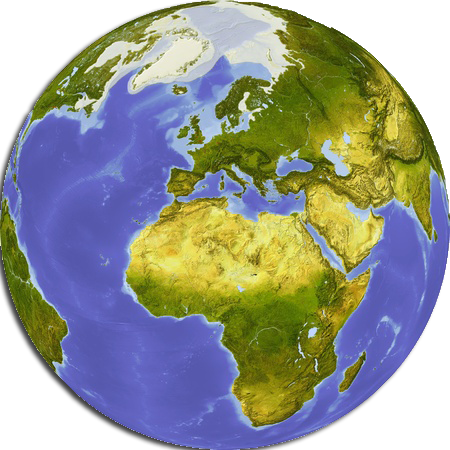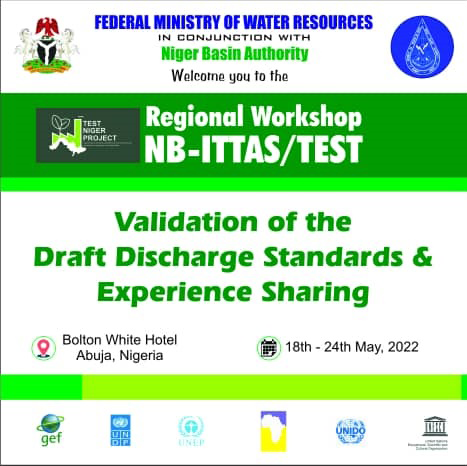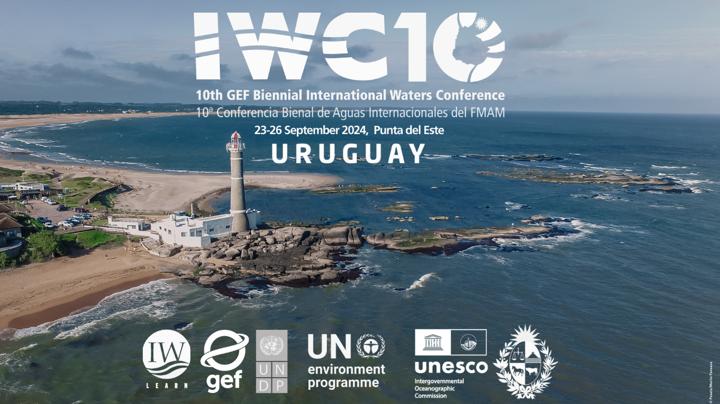PROJECT NB-ITTAS
Enhancing IWRM, Knowledge-based Management, and Governance of the Niger Basin and the Iullemeden-Taoudeni/Tanezrouft Aquifer System (SAIT)”
Technical and Financial Partners
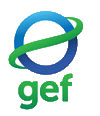
Global Environment Facility

UNITED NATIONS ENVIRONMENT PROGRAMME
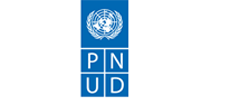
UNITED NATIONS DEVELOPMENT PROGRAMME
Implementation Partners
Project Components:
Component 1: Promoting conjunctive management of ground and surface waters
Outcome 1.1: IWRM supported by a sound understanding of ground water resources and their linkages with surface water systems
All outputs leading to Outcome 1.1 will be delivered by UNEP.
Component 1 is aimed at promoting the conjunctive management of the ground and surface water resources of the Niger River Basin. The integration of conjunctive management into IWRM processes has to be based on a sound understanding of ground water resources and their linkages with surface water systems within the study area. Work under Component 1 will therefore focus on closing gaps in scientific knowledge, transboundary diagnostics and strategic planning to ensure that the conjunctive management of ground and surface water resources can be properly integrated into IWRM to reduce pressures on certain water systems while simultaneously and primarily ensuring sufficient and easily accessible water supply for the well-being of the people within the ITTAS and Niger River basin.
Output 1.1.1: Hydrogeological functioning of/and linkages between the Iullemeden, Taoudéni-Tanezrouft Aquifers (ITTAS), other aquifers systems and the surface waters of Niger River Basin
Output 1.1.2: Technically Cleared TDA and SAP for the ITTAS
Output 1.1.3: Strengthened Capacity of National and Regional Water Managers
Component 2: Sharing responsibilities and benefits with local communities, civil society in conserving basin resources, including groundwater.
Component 2 should be seen as the core component of the project. It is the component in which the proposals for sustainable water resources management as derived for example from the NBA SAP and SDAP will be implemented on the ground. Most importantly, the foci of the different interventions reflect some of the priorities of the NBA’s Strategic Plan in view of conjunctive management of ground and surface water resources. The purpose of this component is to implement a wide range of community-based projects aimed at addressing many of the key issues and challenges as originally identified in the Niger River TDA/SAP/SDAP as well as those anticipated to be identified in the ITTAS TDA/SAP under Component 1.
Outcome 2.1: Niger Basin Users Associations and National NGOs engaged in basin resources management and conservation for better control of flood/drought/pollution, reduction of pressure on land, forest and biodiversity while improving living conditions of households
There are a total of six outputs aimed at leading this Outcome. Outputs 2.1.1, 2.1.2, 2.1.3, 2.1.5 and 2.1.6 will be delivered by UNDP-NBA, while Output 2.1.4 will be delivered by UNEP.
Output 2.1.1: Protection of Aquatic Habitat and Biodiversity of Threatened Wetlands
Output 2.1.2: Restoration and Improved Management of Protected Areas
Output 2.1.3: Restoration and Sustainable Management of Mountain Forest Ecosystems
Output 2.1.4: Demonstration of Best Practices in Groundwater Management and Integrated planning of Surface and Groundwater Resources
Output 2.1.5: Provision of Training to Basin Water User Associations
Output 2.1.6: Strategy for linking up and integrating community-based interventions (Outputs 2.1.1 to 2.1.4) so that livelihood-based ecosystem management becomes the basis for the sustainable management of water resources basin-wide
Component 3: Strengthening industries’ environmental/social responsibility capacities.
Outcome 3.1: Systematic and integrated approach of industrial competitiveness and environmental/social responsibility through Environmentally Sound Technology (TEST) to reduce wastewater discharges and pollution loads in the Niger River introduced and demonstrated
Output 3.1.1: Niger Basin Authority’s Waterbody data/inventorying processes updated; pollution control and regulatory framework improved. (Including the identification of causes and sources of pollution)
Output 3.1.2: Pollution hot-spots identified and customized to suit current needs; basin-wide assessment and selection processes of pilot enterprises improved and mainstreamed
Output 3.1.3: Transfer of Environmentally Sound Technology (TEST) approach at the enterprise level efficiently introduced
Output 3.1.4: TEST programme results and experiences disseminated
Outcome 3.2: Industrial Competitiveness and Environmental/Social Responsibility for reduced wastewater discharges reinforced by legal and policy frameworks
Output 3.2.1: Development of Proposals for Policy Mainstreaming to address Pollution Reduction in Partnership with the Private Sector
Output 3.2.2: Implementation of Harmonised Policies and Laws to address Pollution Reduction
Component 4: Capacity building and stakeholders involvement in Niger River ecosystem based management.
Outcome 4.1: National Policies and Institutions, Civil Society Platforms support Niger River Ecosystem based management
There are a total of seven outputs aimed at leading this Outcome. Outputs 4.1.1, 4.1.2, 4.1.3, and 4.1.6 will be delivered by OSS (under UNEP) with significant inputs and close consultation with NBA. Outputs 4.1.4, and 4.1.5 will be delivered by UNDP with significant inputs from UNEP-OSS activities. Output 4.1.7 will be delivered by both GEF Agencies.
Output 4.1.1: Assessment of current national and regional actors in ground and surface water management and Analysis of options for integrating surface and groundwater governance mechanisms
Output 4.1.2: Selection and Implementation of agreed Options for Integrated Governance to strengthen Conjunctive Management
Output 4.1.3: Policy actions recommended at regional and national levels to further integrate conjunctive management of transboundary ground and surface waters into the SDAP, National plans and strategies, leading to mainstreaming and implementation of policy reforms
Output 4.1.4: Formalisation of National level Support to Implementation of the Investments Plan and Development and Implementation of Dedicated Monitoring and Evaluation Tools
Output 4.1.5: National institutions contributing to the management of transboundary terrestrial ecosystems and wetlands provided with platforms for cooperative actions and capacity building to address current emerging challenges and promote collaborative monitoring mechanisms
Output 4.1.6: Capacities of academic and research institutions strengthened with tools and training to provide relevant knowledge and information guiding the management of basin resources
Output 4.1.7: Transboundary Learning mechanisms established at community and Inter States levels; and experiences shared through website, IWLEARN, technical papers, video, technical forums, GEF IW Biennial Conference, WWF, AMCOW and other relevant forums
Projects implemented by country:
EVENTS
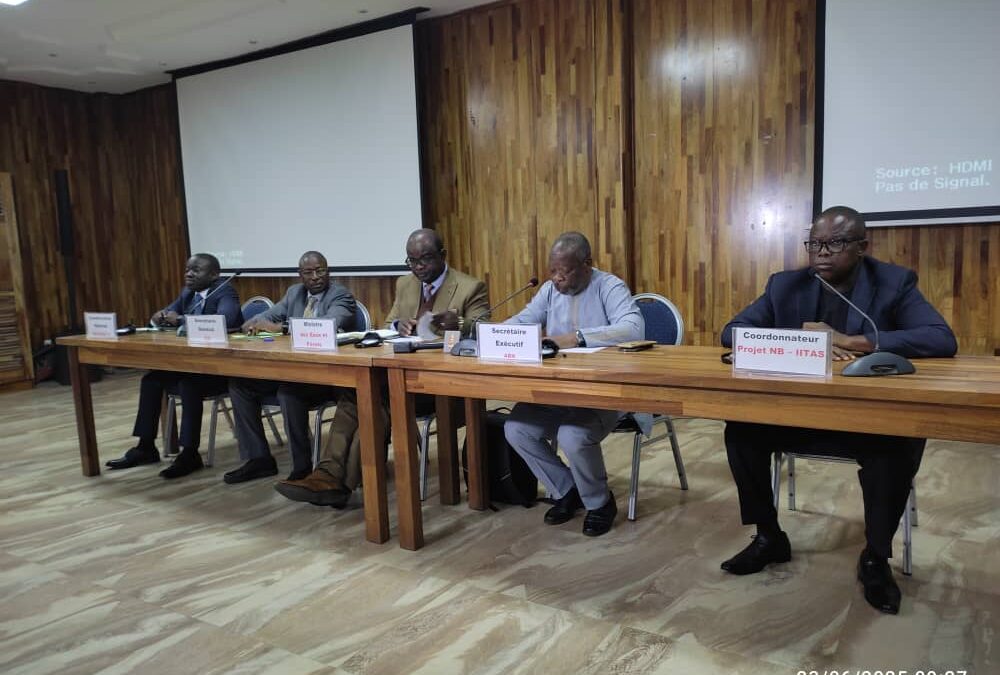
NBA trains a new generation of water governance experts in Abidjan
From June 21 to 23, 2025, Côte d’Ivoire’s economic capital hosts a regional “training of trainers” workshop under the banner of scientific cooperation and environmental resilience. Organized by the Niger Basin Authority (NBA) with support from the Global Environment...
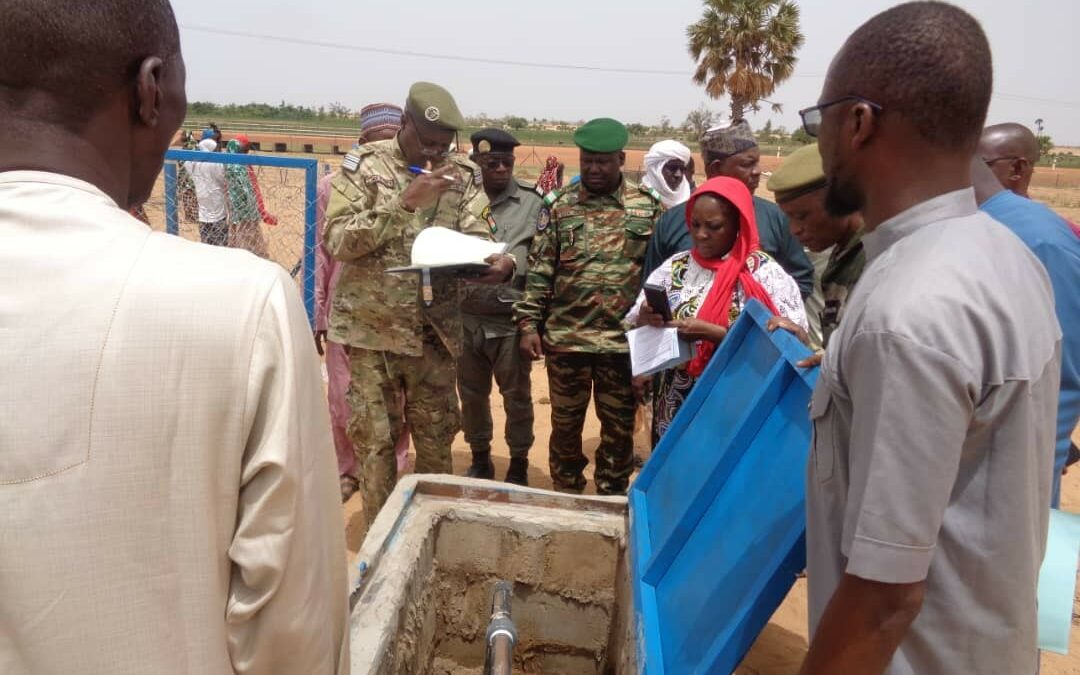
Koudjé, where Typha makes way for life: A pilot project turning marshes into engines of resilience
In the Dallol Bosso region, near the Dosso Reserve, a quiet battle unfolds: that of humanity against invasive plants. But here, it is nature that triumphs—with humans as allies. On this land, the NB-ITTAS Project is transforming lives through restoration that serves...

